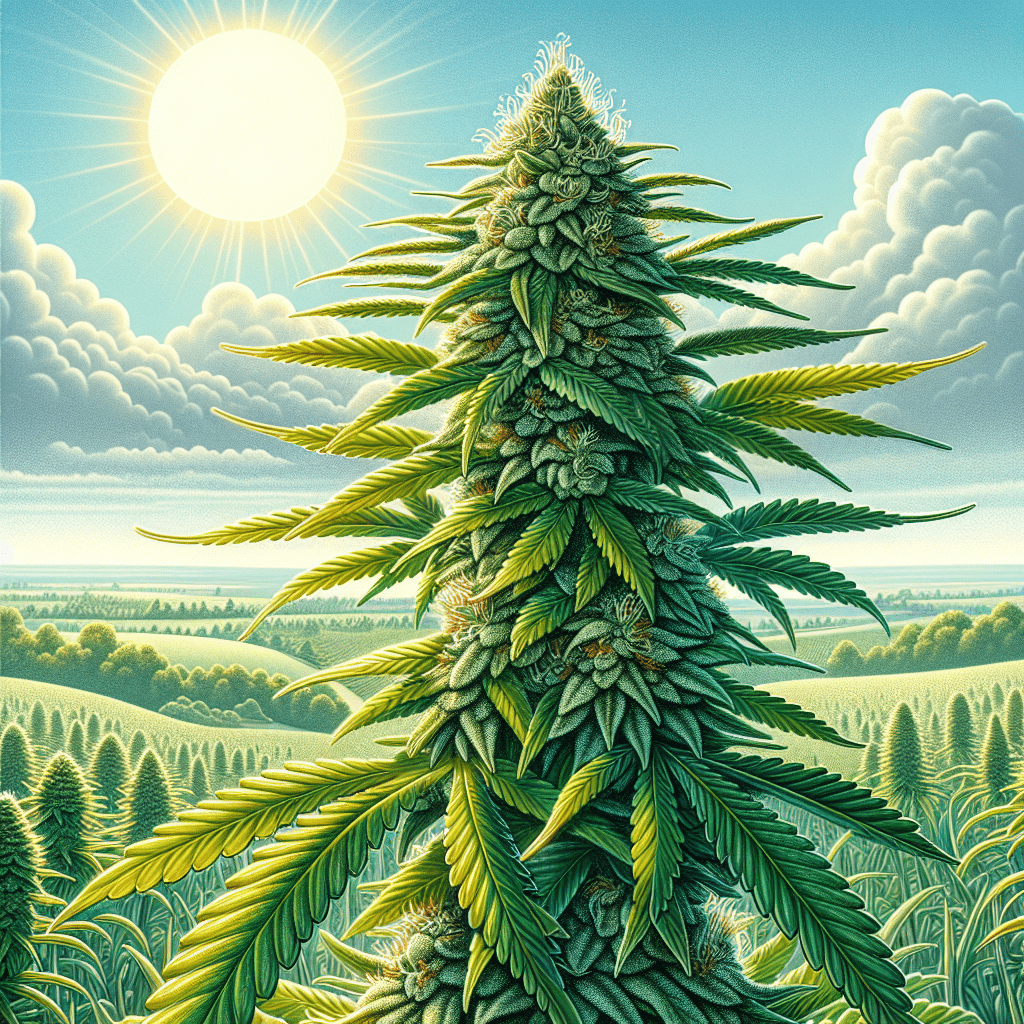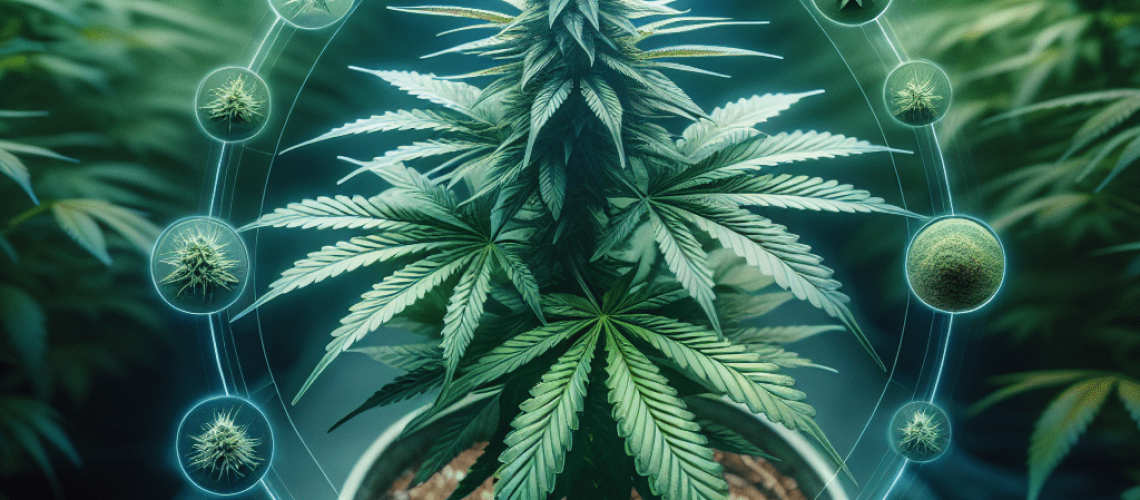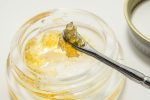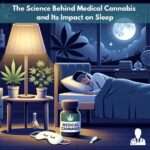After walking into my local smoke shop, I noticed roughly 20 large jars up on the wall containing what seemed like my favorite plant medicine. After asking for my paper and filters of choice, I pointed to the bud-containing jars and inquired, “Delta eight or THCA”, to which he responded “The latter”.
For those who do not participate in their states’s medical or adult-use cannabis programs, this may seem like an avenue to acquire legal weed, and in many instances, it may very well so be.
What is THCA? How does it compare to dispensary-purchased cannabis? Can I purchase THCA products? Let’s talk about it!
For starters, Tetrahydrocannabolic acid, or THCA, is the precursor molecule to the psychoactive cannabinoid we all know and love, Tetrahydrocannabinoid (THC!). What does this mean? Well, if you have ever wondered why you have been told to put your ground-up flower in the oven before infusing some butter or why you need to put a flame to your flower to “make it work”, you have wondered about decarboxylation! The process of decarboxylation (I.e. removing a carboxyl group) is a fancy chemistry term that holds some meaning for our favorite plant medicine. Decarboxylation converts this non-psychoactive acidic form to its non-acidic psychoactive form. This conversion results in an overall loss of mass, with an industry standard of calculation being THCA (mgs) * .877 = THC (mgs). THCA as an isolate is crystalline; common high-THCA products that can be purchased include THCA isolate (aka diamonds/micro-diamonds/crushed diamonds), live resin varieties (budder, badder, sugar, sauce, etc.), cured concentrates (wax, shatter, badder, budder, etc.), and even live rosin! The THCA to THC content within the final product relies on various factors including input material quality, method of extraction, temperature extracted and maintained, as well as post-extraction processing techniques. With live resin products, for example, THCA crystalline is separated and preserved while other constituents (i.e. minor cannabinoids, terpenes, etc.) are extracted at different temperatures to be added back into the crystalline isolate in the form of high-terpene full spectrum extract (HTFSE)/sauce/terpene sauce/sauz.

So, how does the “THCA” you can now find across the country compare to dispensary-purchased cannabis? Well… it depends. From a public health standpoint, ensuring the THCA product purchased has a valid certificate of analysis (COA) attached is the greatest way to reduce the risk of purchasing a product contaminated with common analytes tested within every legal program, including but not limited to microbials, heavy metals, mycotoxins, filth and foreign materials (hair, feces, bugs, etc.), residual solvents, and mold.
A quick checklist to ensure your COA is valid: 1. Correct product validation 2. Within time frame / NOT expired 3. Passing test results with labeled concentrations 4. NOT marked “For R&D Only”
From a quality standpoint, there is no sure way other than experiencing the product yourself or relying on other consumers’ experiences. With the influx of products marketed as “THCA” within the hemp industry, it is both costly and time-consuming to develop long-standing reputable companies and products; therefore, general precautions should always be taken before consuming potentially unlabeled products. Recommendations are always to purchase products from licensed facilities with cGMP regulations.
Finally, can you purchase THCA? Well… it depends on where you live. Legislators across multiple states have introduced bills to alter their state’s current hemp program, with most introduced legislation looking to either completely eliminate or limit quantities of both synthetically derived and psychoactive cannabinoids, such as D8-THC, D9-THC, D10-THC, HHC, THC-P, and THC-O. In Florida, for example, SB 1698 defines the term “total delta-9 tetrahydrocannabinol concentration” and quantifies a legal concentration of “5mg per serving or 50mg per container, whichever is less”. Total THC concentration will be defined as [D9-THC] + (.877 * [D9-THCA]). Therefore, products containing concentrations higher than 5mg/serving or 50mg/container of EITHER/OR D9-THC or D9-THCA will be prohibited for sale within Florida. SB 1698 also bans “any quantity of synthetic cannabinoids”, specifically mentioning “D8-THC, D10-THC, HHC, THC-O, THC-P, and THCV”. A link to SB 1698 can be found here; if enacted, this act will take effect on October 1, 2024.
Please make sure to consult with local and state laws prior to purchasing anything outside of a licensed dispensary.
by Evan Bentz
Related
-
What is the difference between THC and THCa
Cannabis is known for it's powerful and intoxicating effects but…
-
Improving sleep quality with Medical Cannabis
As a medical professional, I am constantly seeking new ways…
-
Cannabis Dependence and Withdrawal Syndrome
The world has always been curious about cannabis, and how…





One Response
EXCELLENT article you wrote up here Evan! I definitely walked away feeling like I learned something new. Can’t wait to see what your next topic is!!!